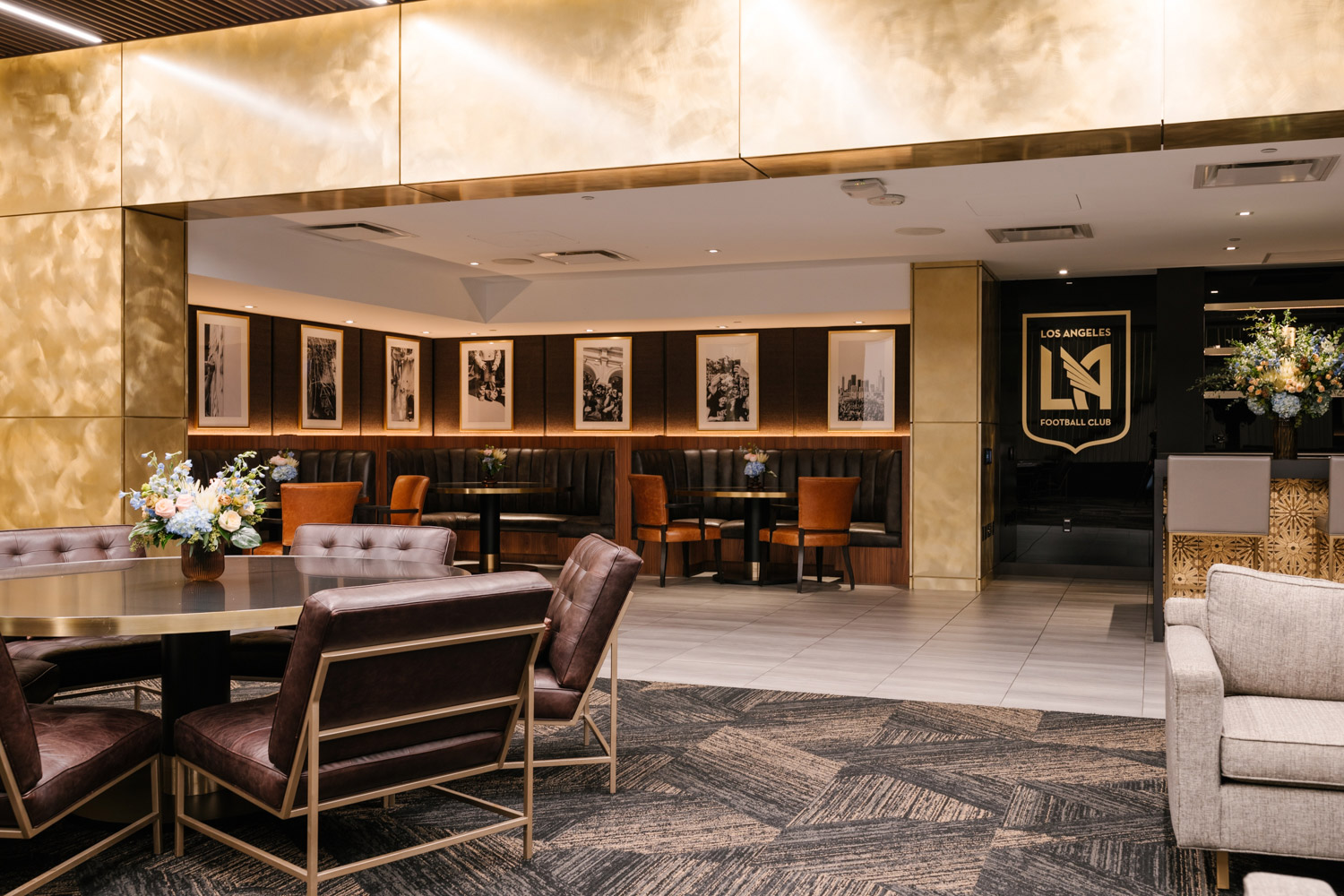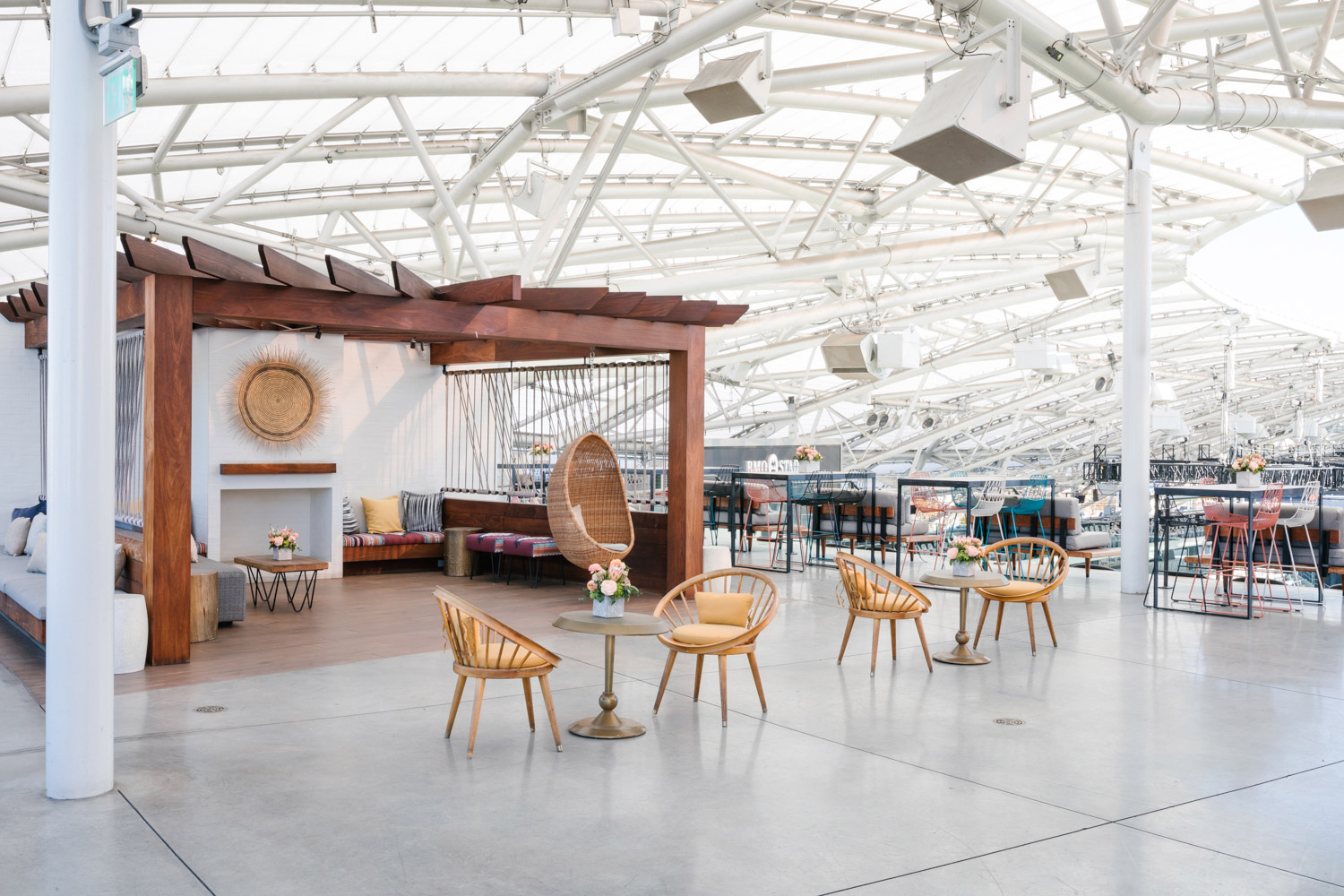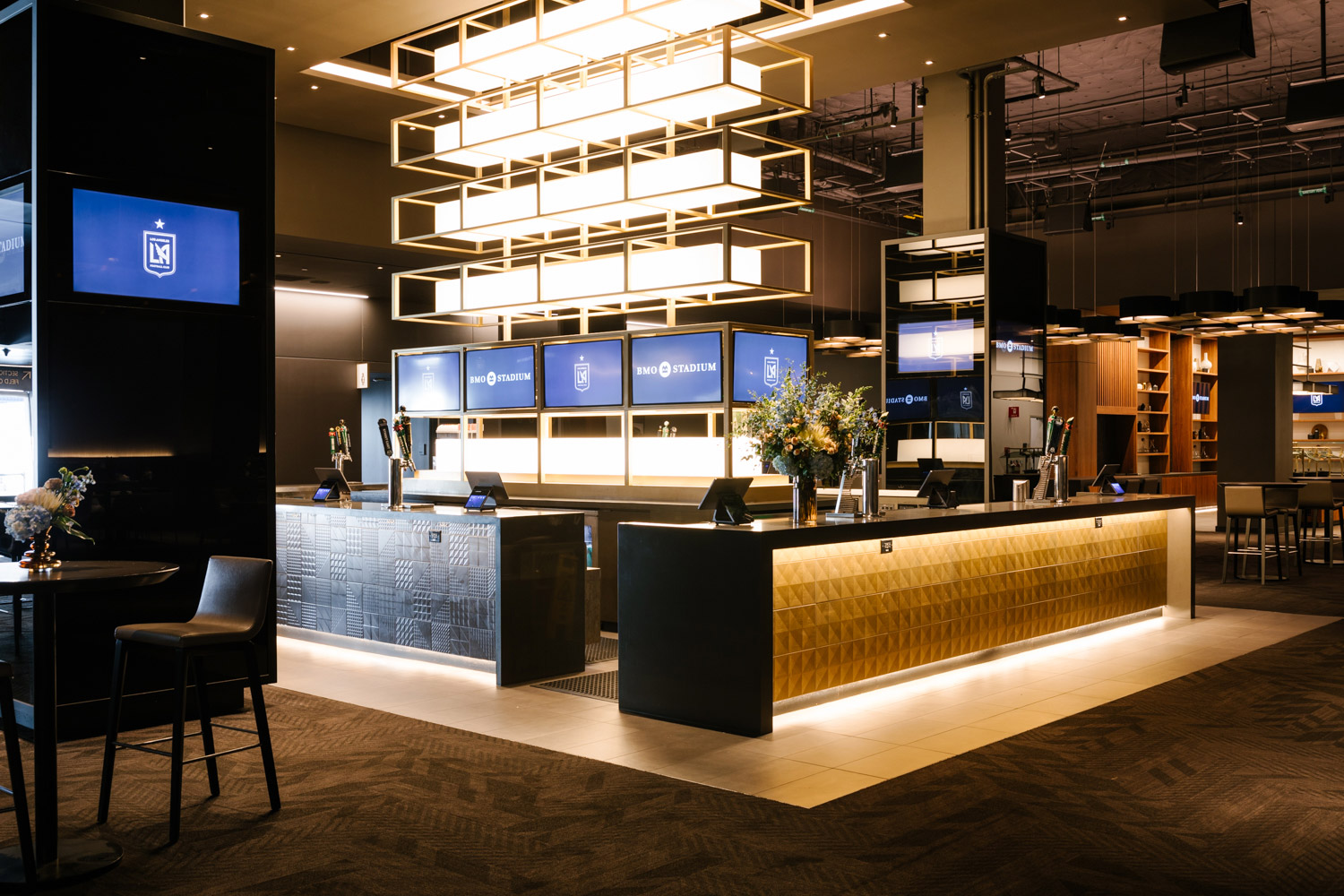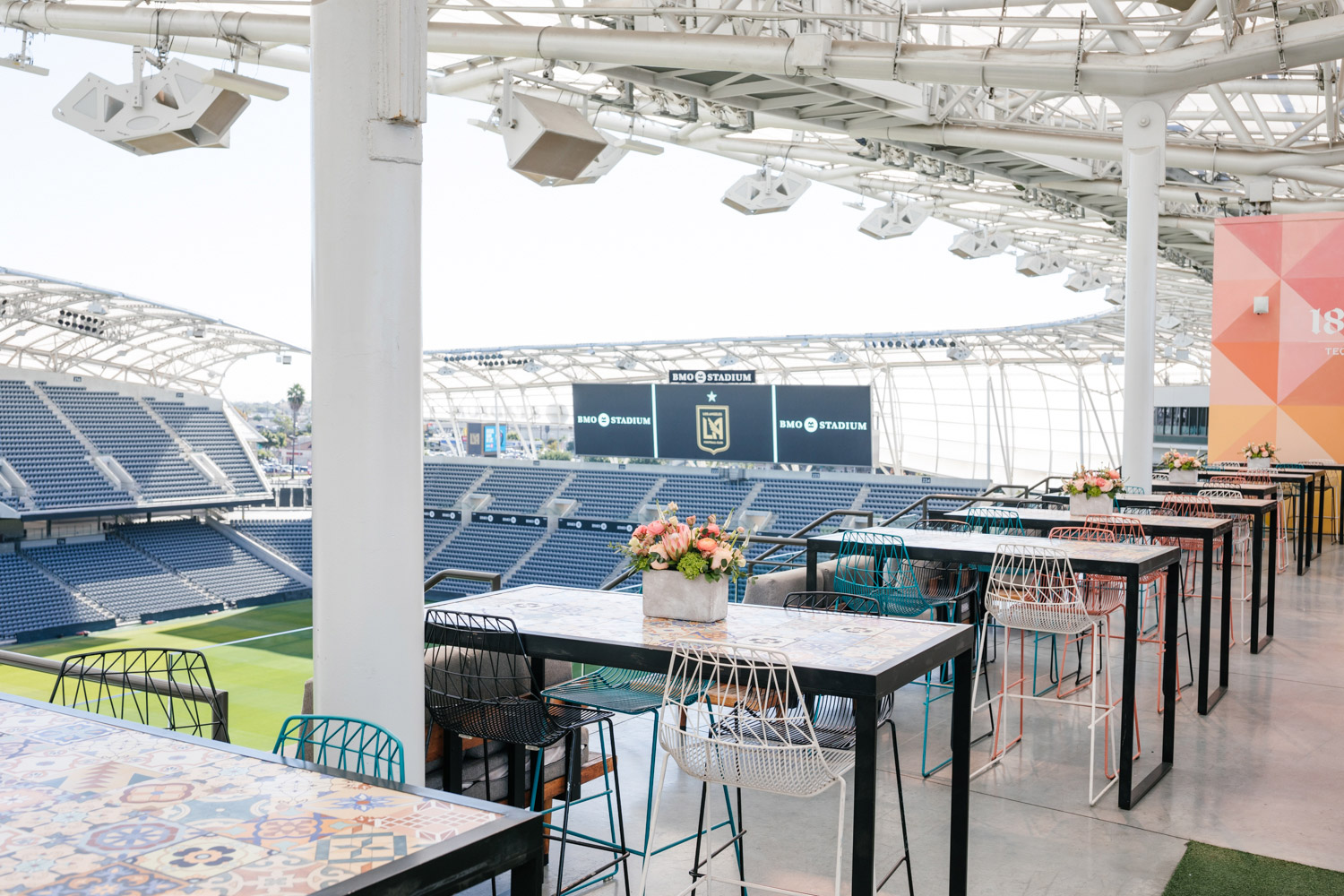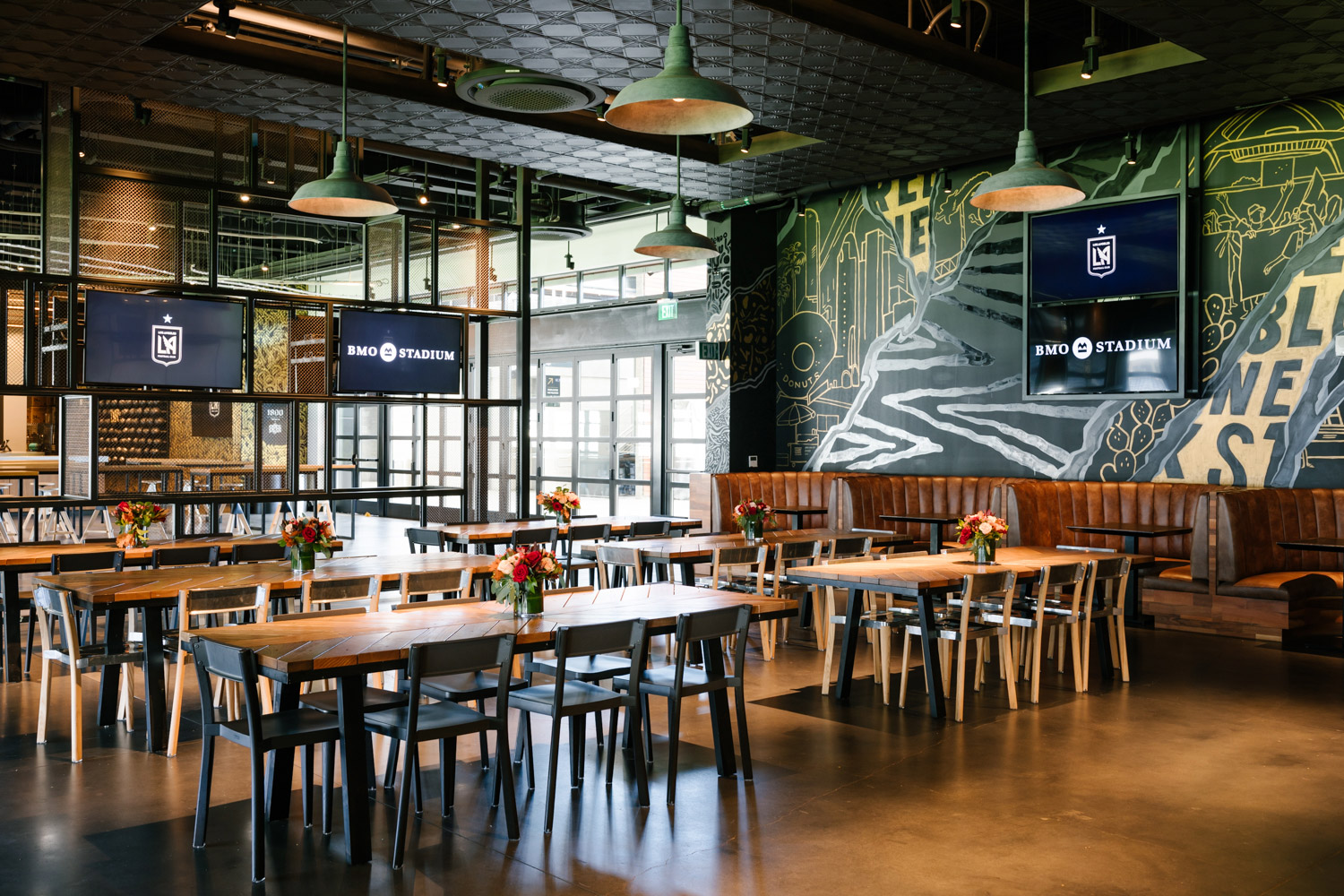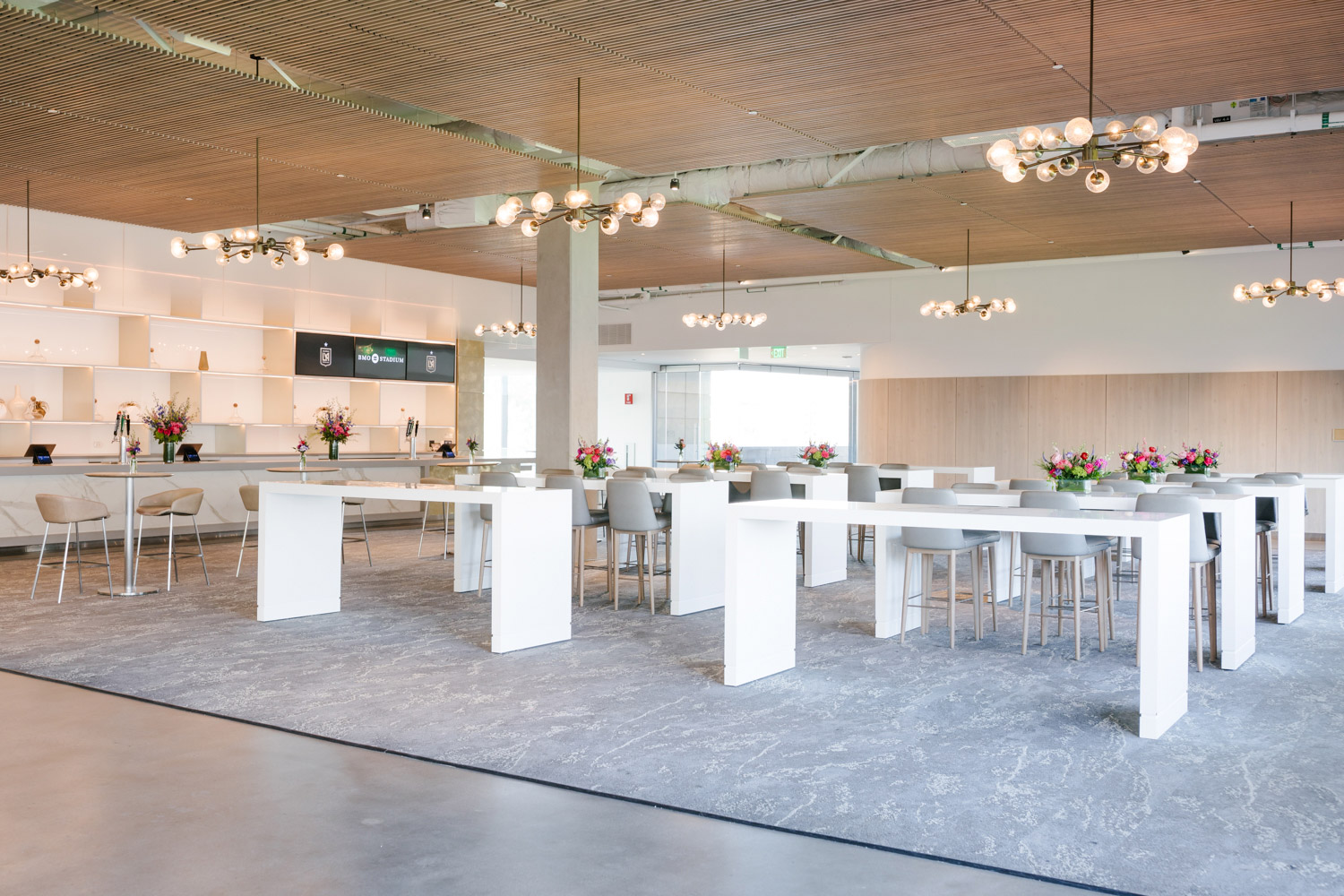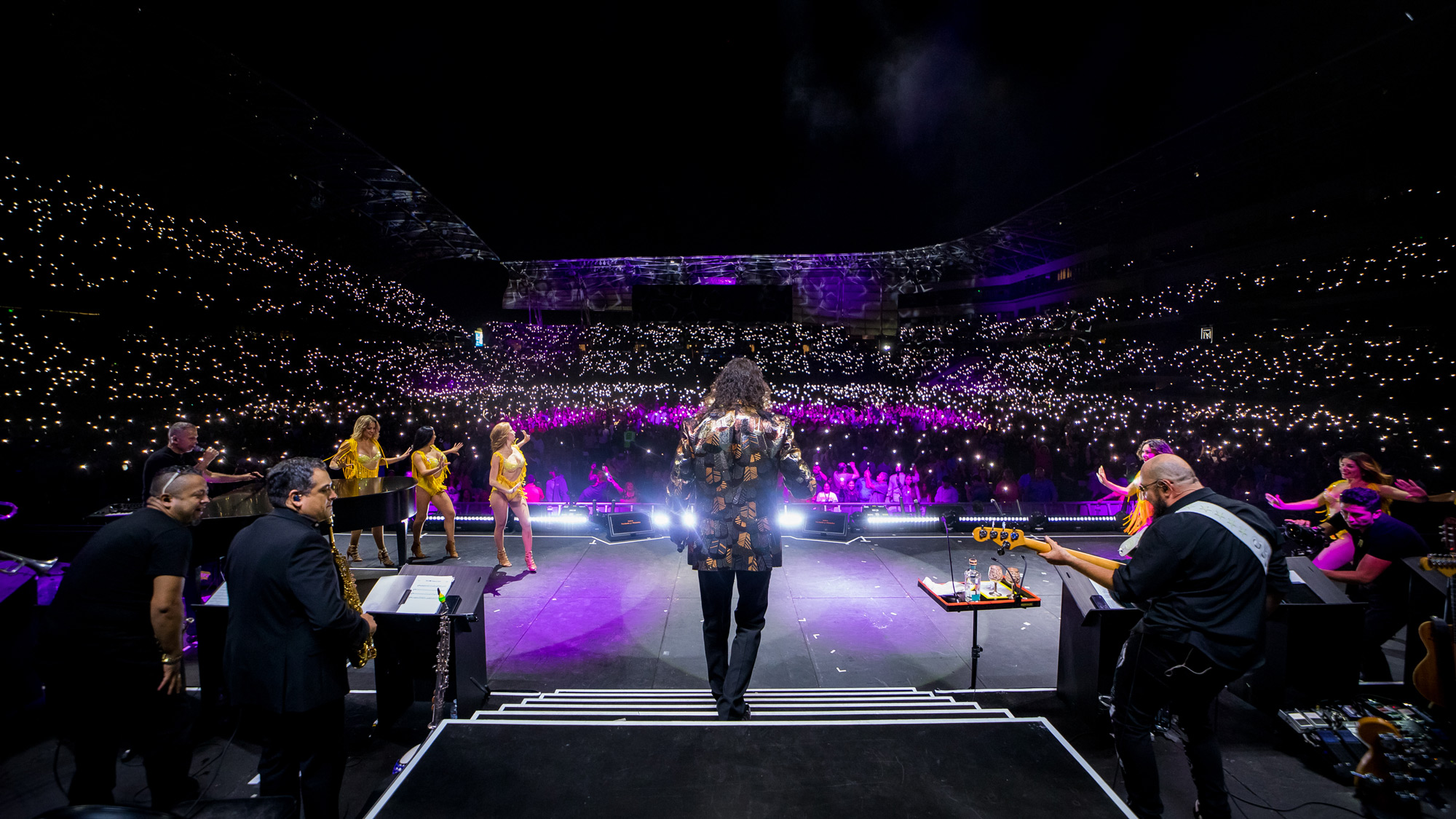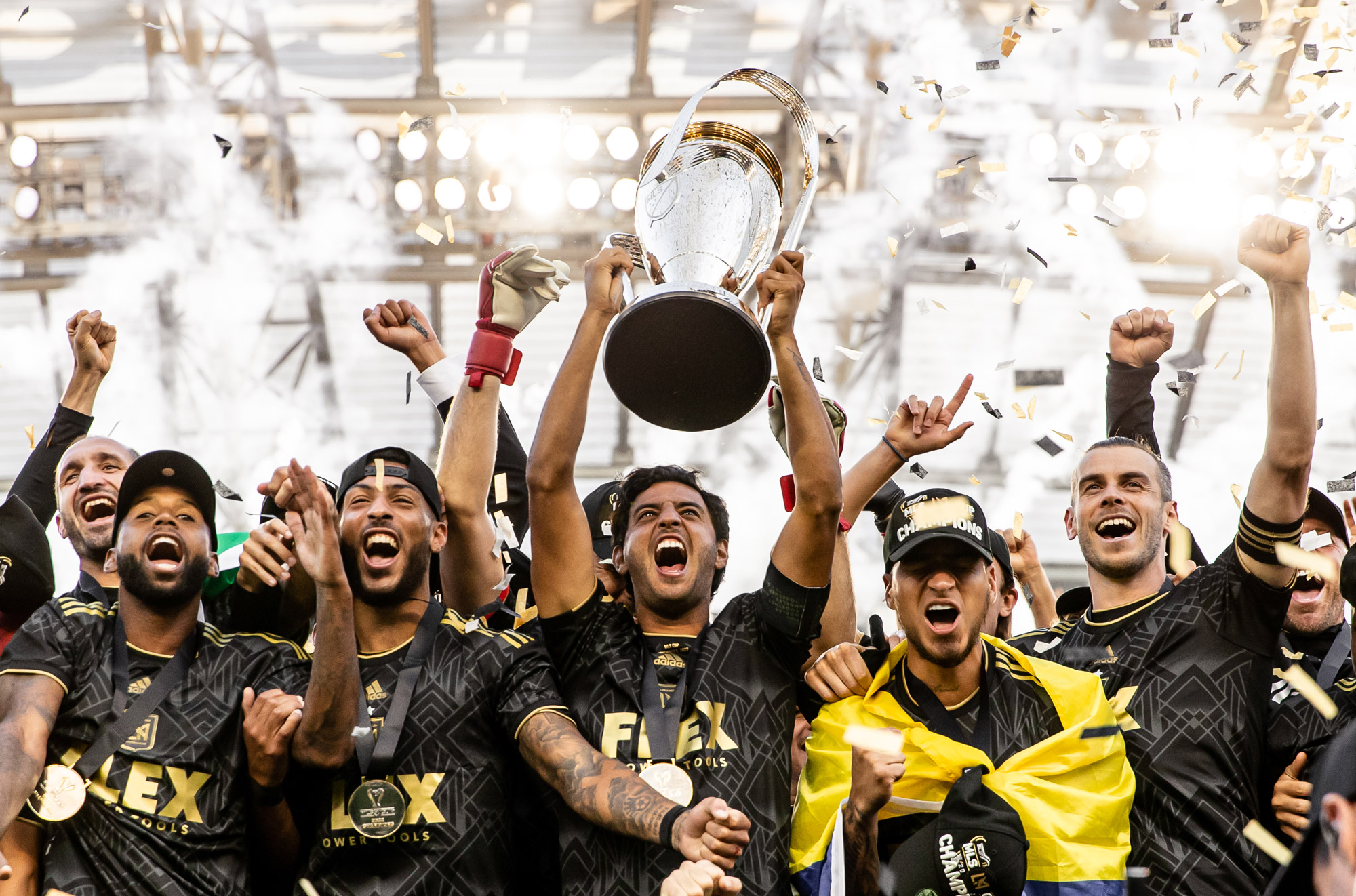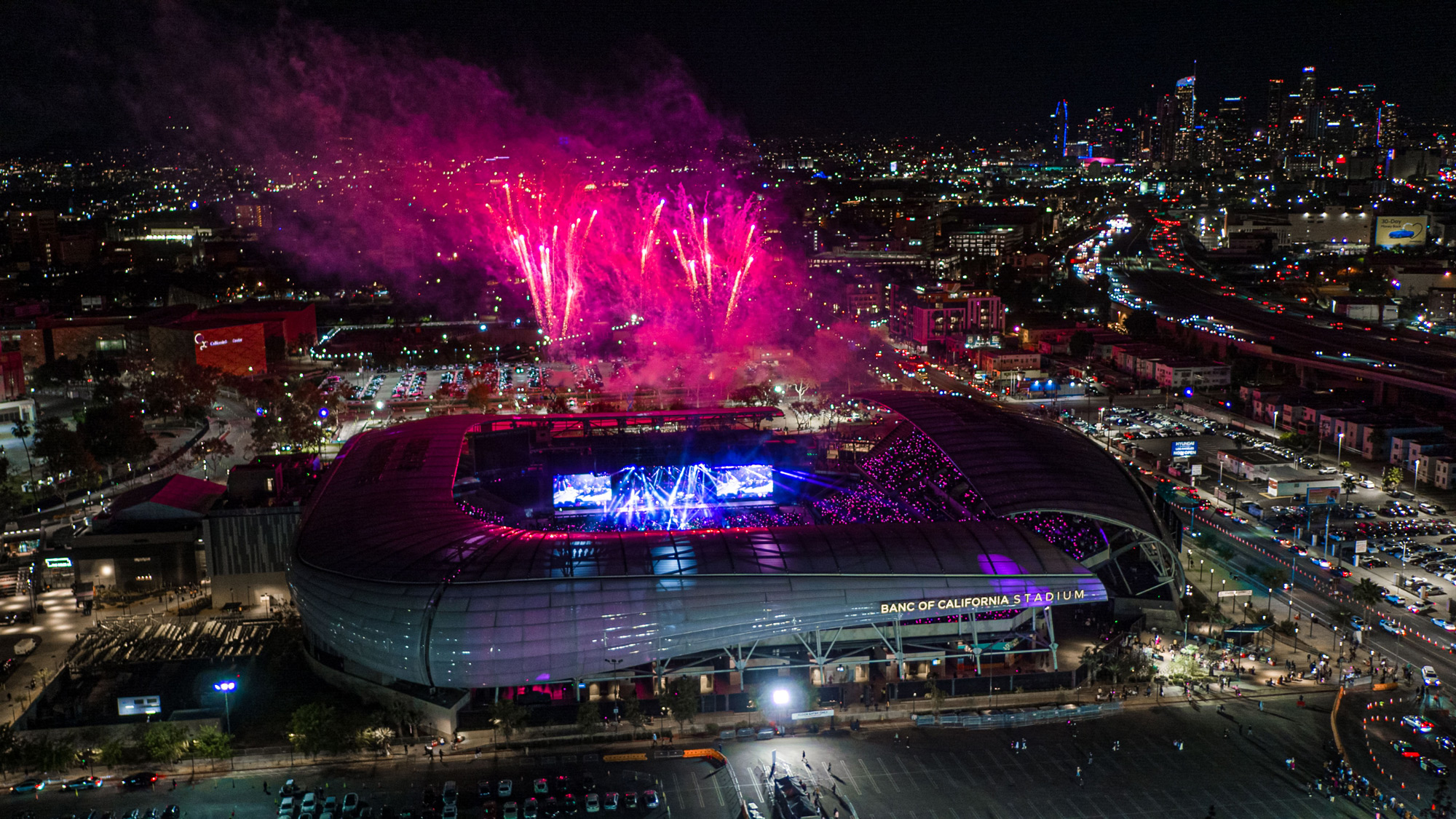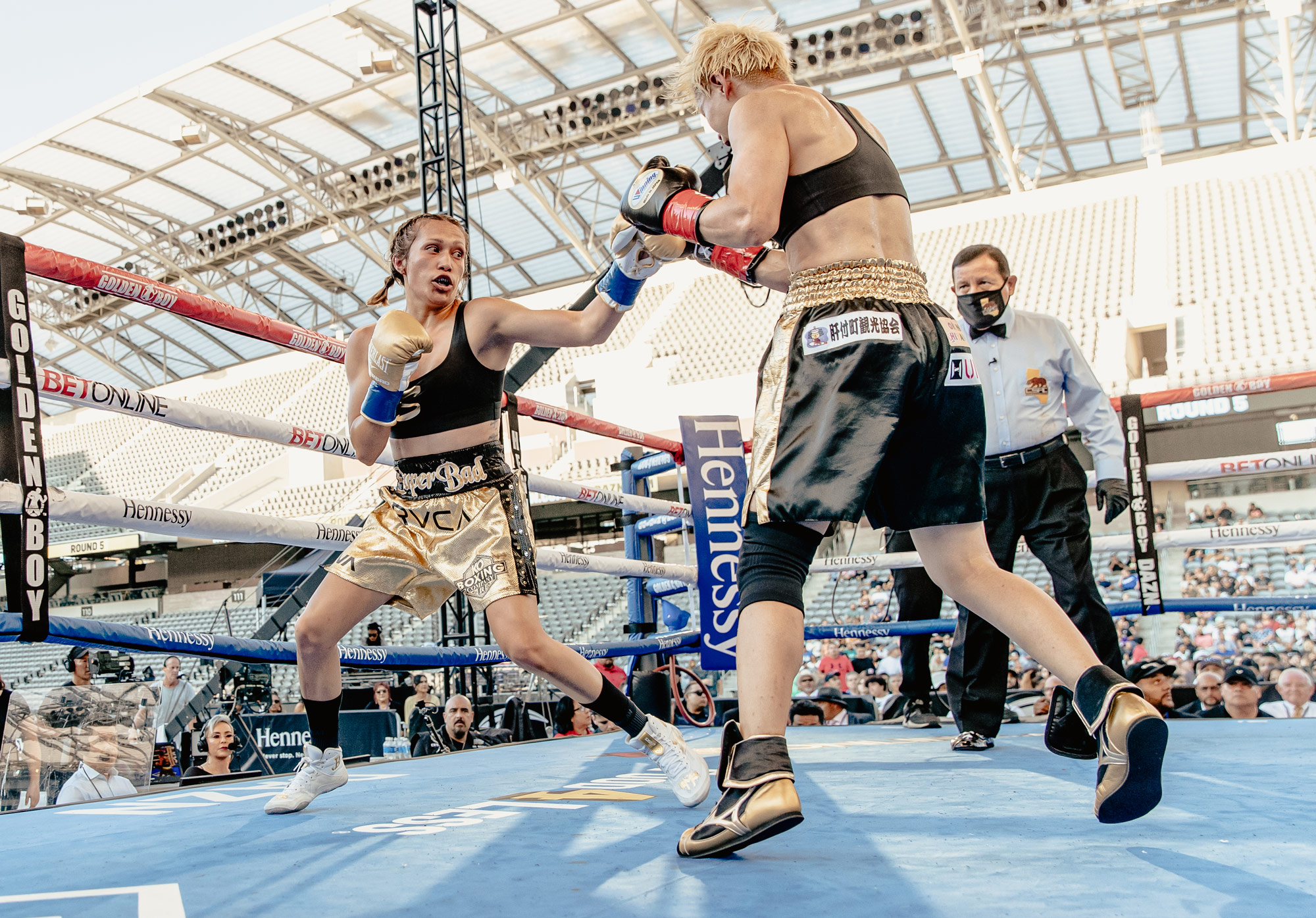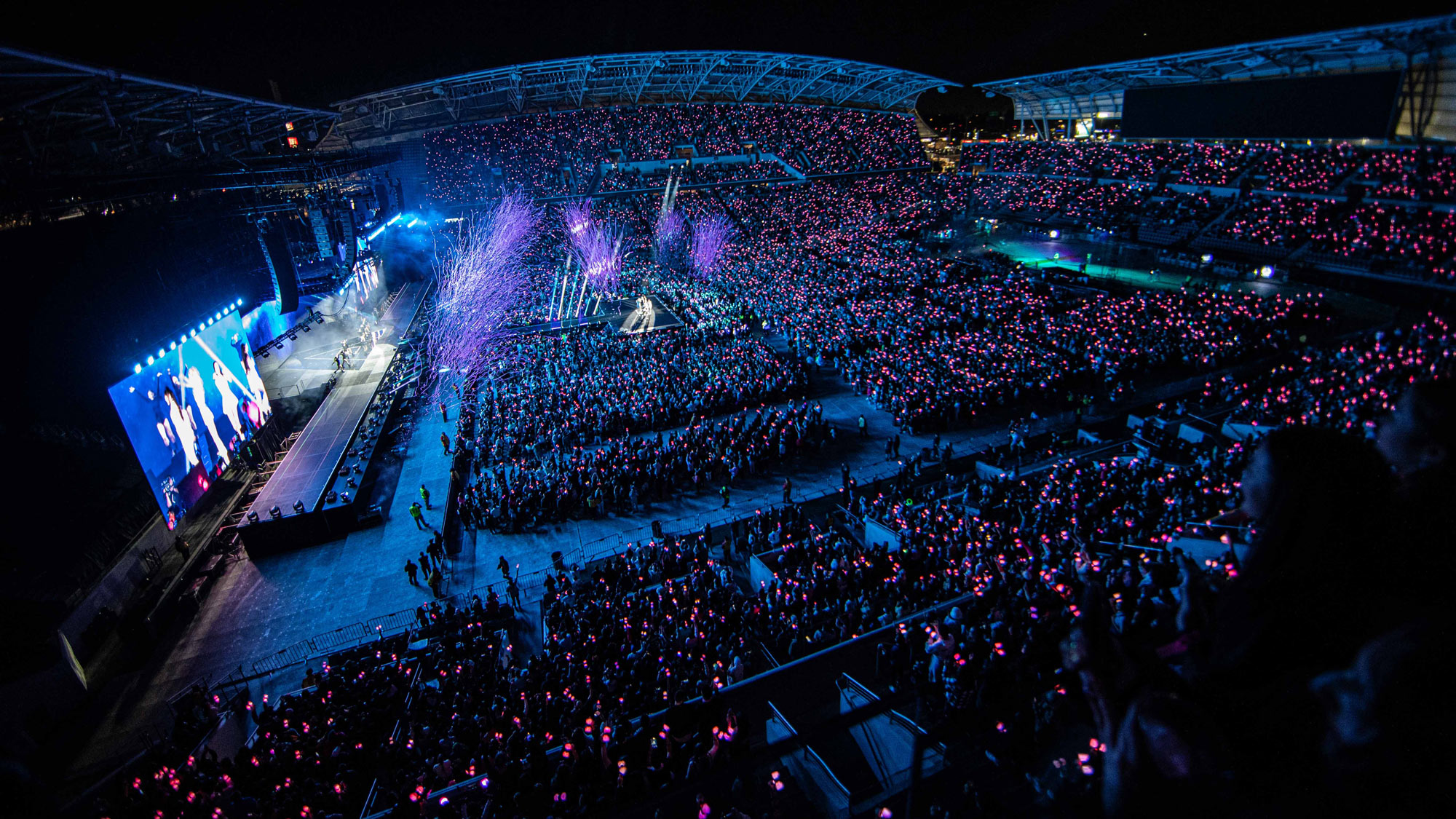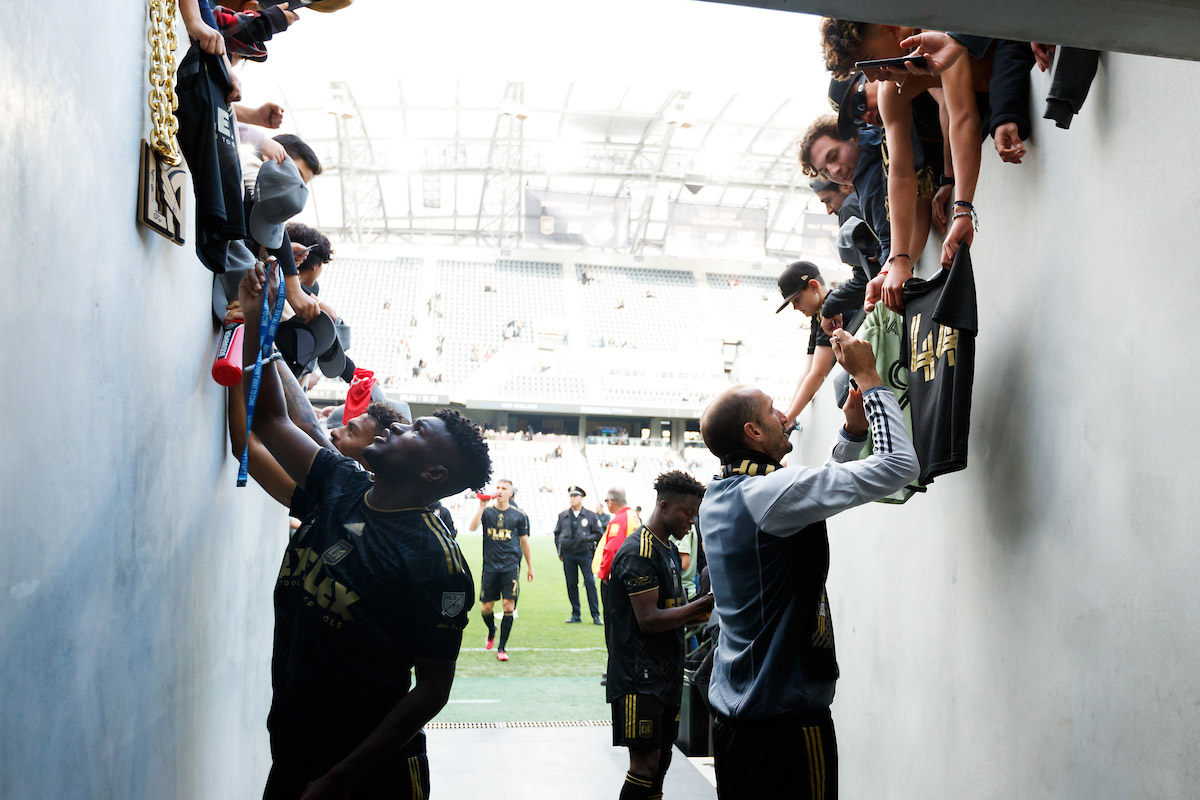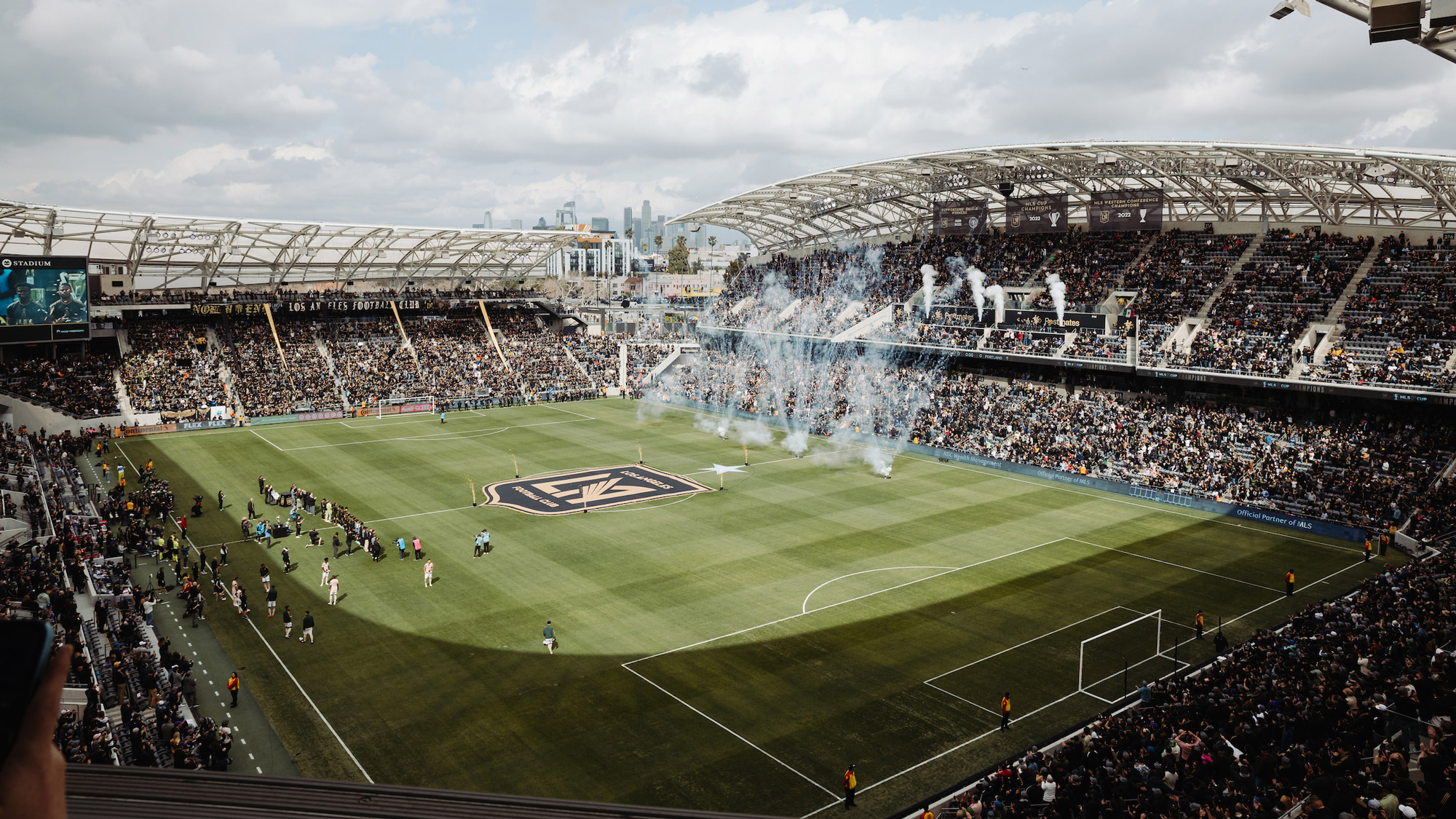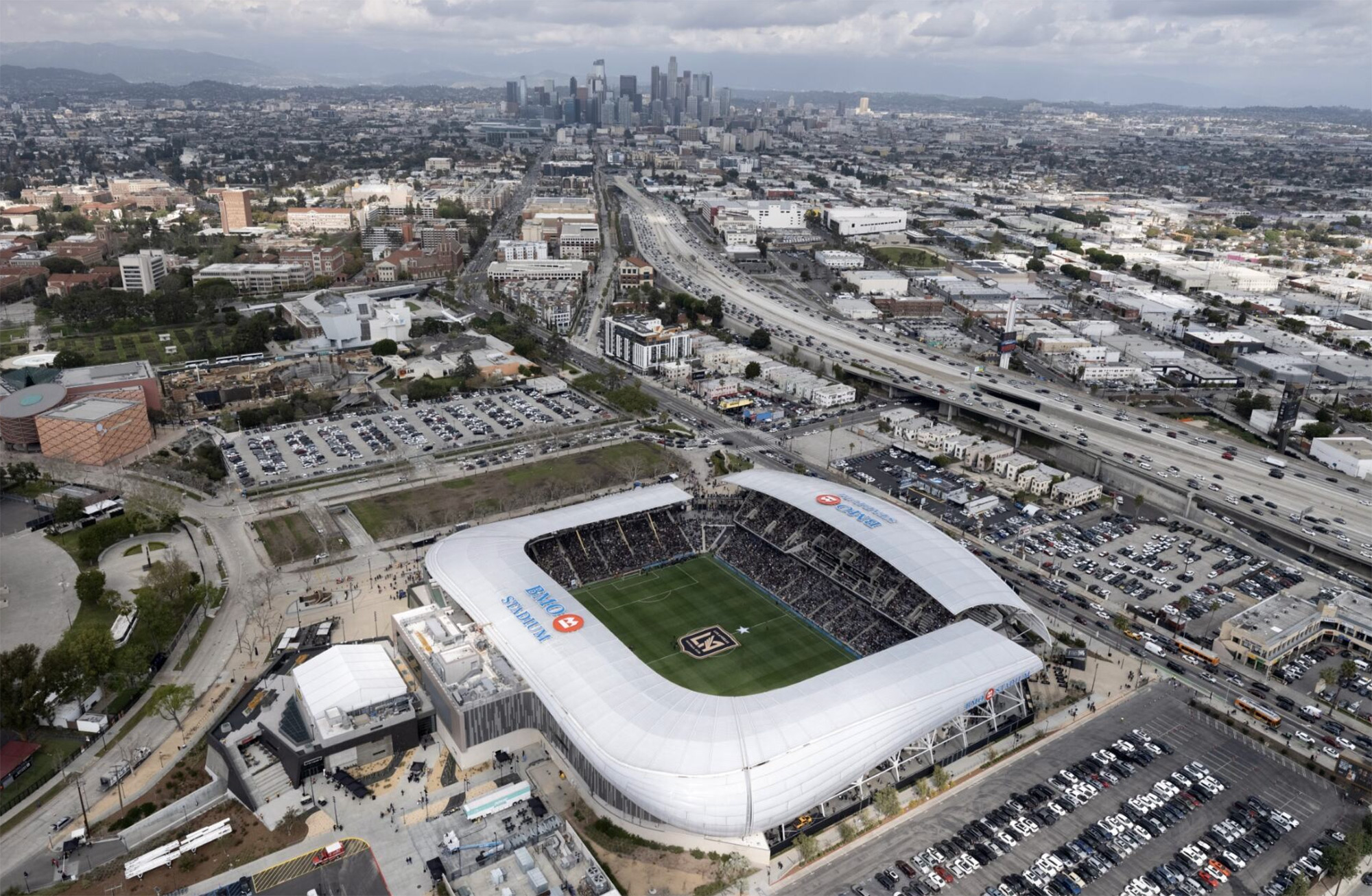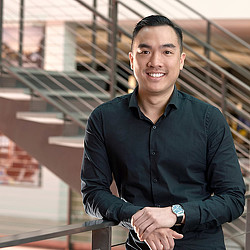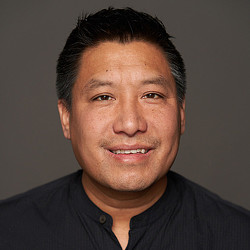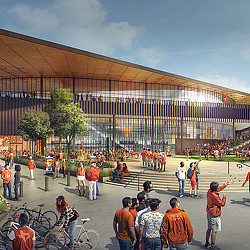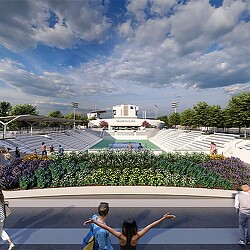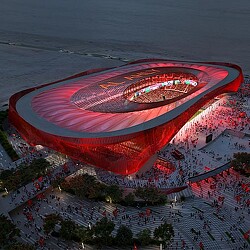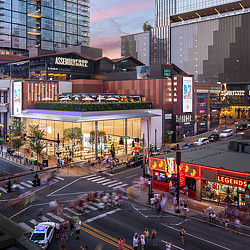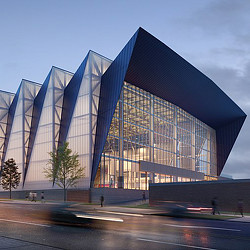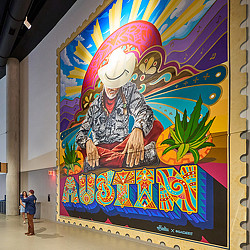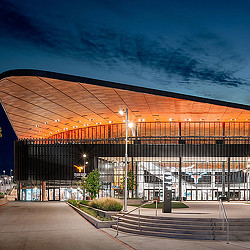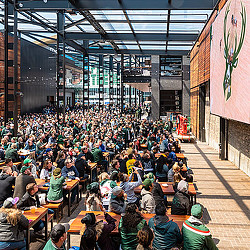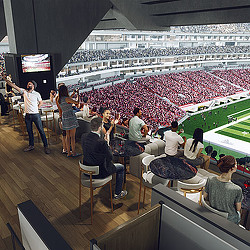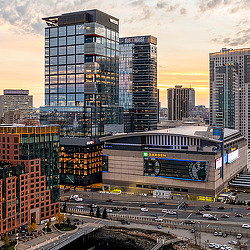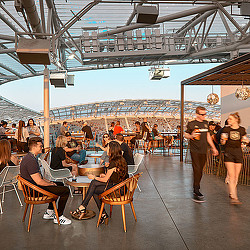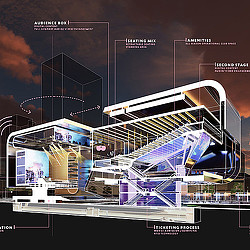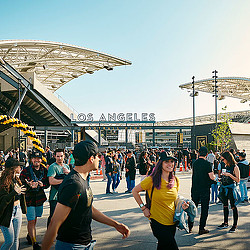How BMO Stadium Extends the Fan Experience Beyond the Gate
A year-round destination and community asset, BMO Stadium is a model for other sports and entertainment venues.
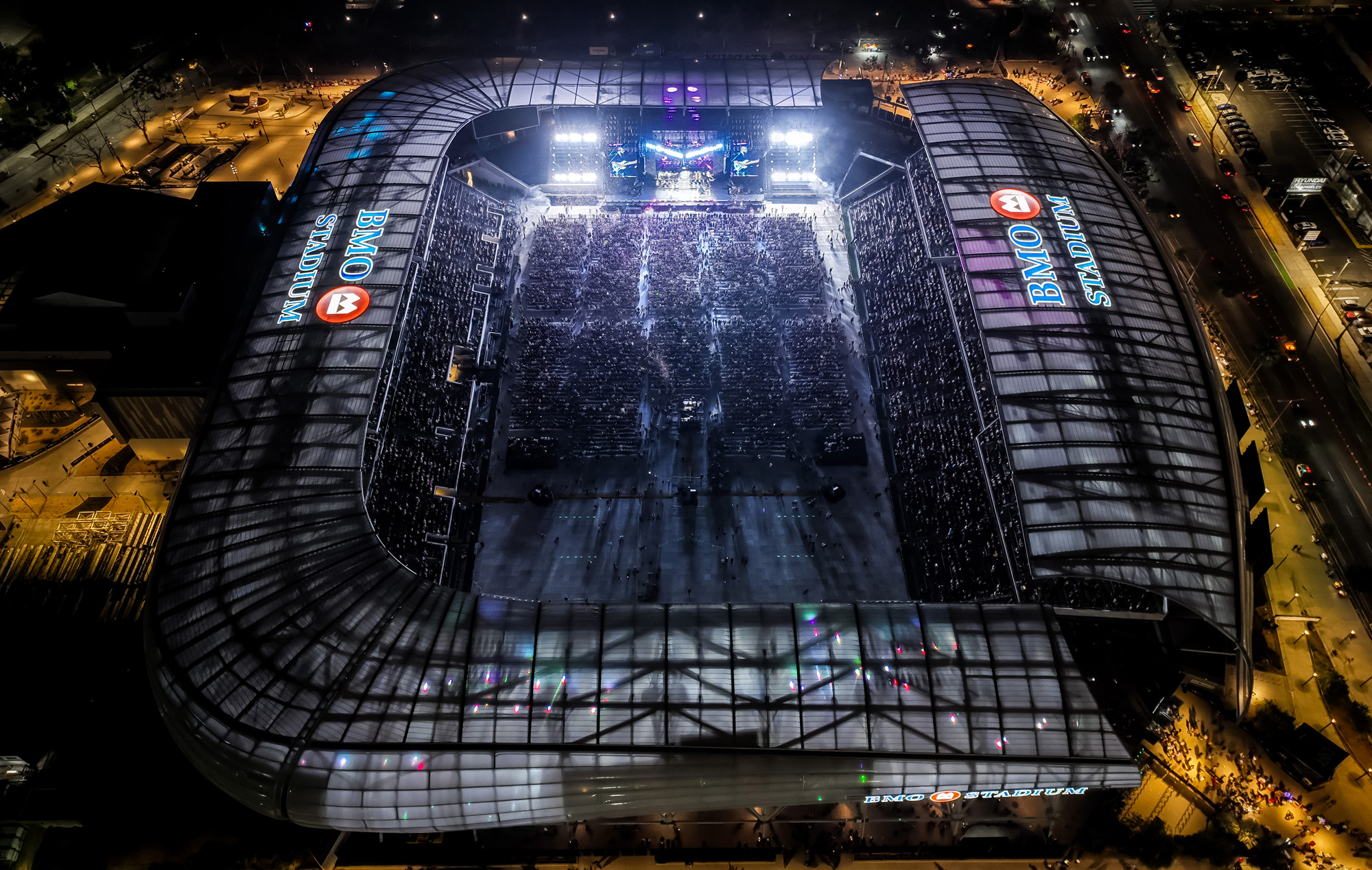
When opened in 2018, BMO Stadium (formerly Banc of California Stadium) became the first open-air stadium built in Los Angeles since 1962. Designed primarily as the home venue for Major League Soccer’s Los Angeles Football Club (LAFC), the 22,000-seat stadium — or 24,000-seat concert venue — has since become a model of adaptability, versatility, and resilience that draws a wide range of world-class events and entertainment to the heart of L.A.
Just six years after opening, BMO Stadium serves as a model for other sports and entertainment venues. The stadium celebrated a record-breaking year in 2023 with over 1.3 million tickets sold for concerts, festivals, and soccer matches. Pollstar recognized BMO Stadium as a Top 5 Worldwide Stadium based on concert sales. And Billboard named it to its Top 20 Global List of Best Stadiums for Touring.
Here are some key lessons that other sports and entertainment venues can learn from BMO Stadium’s success:
An “Experience Multiplier”
Now more than ever, people are craving visceral and connected real-world entertainment, and BMO Stadium has quickly broken records and gained industry-wide recognition for the high-quality experience it provides. The stadium quickly became an “experience multiplier” as a result of immersive designs that drive loyalty, boost sales, and improve vibrancy with a shared sense of inspiration and belonging. The stadium was built in conjunction with the launch of the Los Angeles Football Club, where both the club and stadium were anchored in culture, community, and elevating the guest/fan experience. The designs, physical and experiential, lent itself to further experiences for Angel City FC (the National Women’s Soccer League professional team) and a fantastic concert experience.
Versatile Premium Spaces
The stadium’s elevated premium spaces are an integral part of the high-quality energy it exudes. BMO Stadium hosted over 150 private events last year, from corporate conferences to gala dinners, and served as a backdrop for television shows, movies, and commercial filming. With hospitality-driven integrated suites, field-level boxes, clubs on every level, and rooftop lounges, the stadium offers a compelling experience for fans at every price point.
A Diverse Lineup of Major Sports, Entertainment, and Cultural Events
Home of the Los Angeles Football Club (LAFC), the stadium played host to significant matches, including the CONCACAF Champions League Final, Campeones Cup, 2022 MLS All-Star Game, 2023 MLS Cup, MLS Cup Western Conference Final, and National Women’s Soccer League (NWSL) matches for Angel City FC. Inspired by marrying sports entertainment elements with European/Latin American-style soccer stadiums, a 34-degree incline seating bowl (one of the steepest in MLS) and designated safe-standing sections were designed to immerse fans in the action and provide greater intimacy with players. Programming during the match includes integration of music developed by the Club, the famed “3252” supporters’ section vocally chanting and dancing all match, and attractions such as the “a matchday ritual where one falcon is chosen for a pregame flight at center pitch hunting a lure of the opponent’s crest. These experiential elements have elevated the stadium to be one of the best experiences in sports in the U.S.
In addition to major sporting events, BMO Stadium acts as a year-round destination full of activity beyond gamedays. Crowds have drawn to the stadium for a diverse lineup of high-profile, sold-out concerts and festivals featuring renowned artists such as K-Pop acts BLACKPINK, Stray Kids and TXT, rock band Queen + Adam Lambert, punk rock bands blink-182 and The Killers, EDM artists Rufus Du Sol and John Summit, heavy metal band System of a Down, Latin acts Fuerza Regida, Marco Antonio Solis, and RBD and live-to-film concert experience Nightmare Before Christmas. The stadium has also hosted major cultural events including Michelle Obama and the Culture of Democracy Summit, among others.
Brand Building and Community Engagement
Gensler worked collaboratively with LAFC team owners, front office, and future supporters and fans to craft a best-in-class venue and an authentic atmosphere that embodies the City of Los Angeles and cultivated a dedicated fan base. Early in development, the design team sought and implemented feedback from a physical design and experiential design standpoint from fans through multiple design thinking or “co-creation” sessions, who responded by supporting the team, showing up, and selling out games — ultimately creating an environment that brings excitement and instills loyalty in players and fans. Gensler also integrated the club’s brand in key ways — from robust signage, integrating symbols and representations of the city, and wayfinding to an Art Deco-inspired logo in the team’s black and gold colors.
BMO Stadium radiates positivity and inclusivity, with signs and announcements emphasizing the team’s dedication to diversity. The diverse flags in the supporters’ section, including LGBTQ and transgender pride banners, symbolize a celebration of different backgrounds. Notably, the fan shop extends this inclusivity by offering merchandise in at least 11 languages, making it a welcome space for everyone. Ultimately, the team’s great culture and fan experience are a result of intentional design, unique rituals, diverse and passionate fan engagement, accessibility, and a commitment to inclusion and representation.
Not Just a Stadium; a Community Resource
The stadium is located in the 140-acre Exposition Park that includes the Los Angeles Memorial Coliseum, California African American Museum, Natural History Museum, and future Lucas Museum of Narrative Art — a total of over $2 billion in new development and renovations in the park would have been invested from 2016 through 2025. Bolstered by connections to Downtown L.A. from the expanded LA Metro Expo line and to ancillary entertainment, retail, and dining opportunities for stadium-goers, as well as for visitors to the park, nearby museums, and the University of Southern California campus, Exposition Park is well on its way to become a jewel landmark for California and the SoCal region.
The stadium also serves as a community resource. LAFC’s associated non-profit, the LAFC Foundation, hosts free youth soccer clinics, blood drives, and fundraisers at the stadium to further its mission of helping young Angelenos succeed both on and off the soccer pitch. The many events have also opened up employment opportunities for community members.
Olympic-Caliber Future
Looking ahead, Exposition Park will play a central part in the 2028 Los Angeles Summer Olympic and Paralympic Games, with the stadium being on campus alongside the Coliseum, which will host track and field. (It has not been determined yet what events BMO Stadium will host.) The stadium remains an anchor and city catalyst, promoting economic development in the region, and we’re excited for what’s next.
For media inquiries, email .
